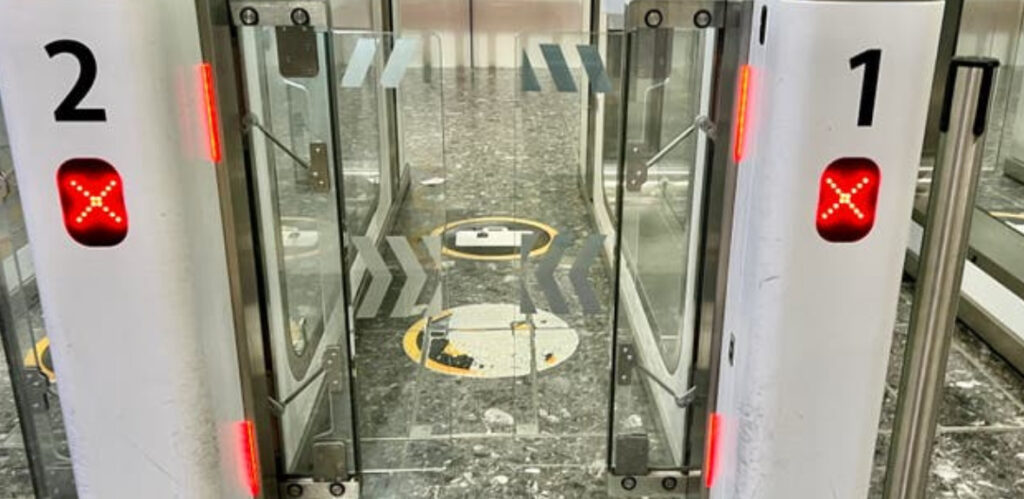The vast majority of overseas travellers to the UK must now obtain an Electronic Travel Authorisation (ETA) before embarking on their journey, under sweeping changes introduced by the Home Office as part of a wider move toward a digital immigration system.
According to the government, the new requirement is intended to create a “more streamlined and secure” border process, affecting millions who pass through the UK each year. With the exception of British and Irish nationals, all foreign visitors must now seek prior approval to enter the country—either via an ETA or an eVisa.
While most short-stay visitors for leisure or business from Europe were previously exempt from visa requirements, as of 2 April 2025, almost all non-British or non-Irish nationals must apply for an ETA before travel.
This marks a significant shift for European travellers, who make up the bulk of UK arrivals. The key exemptions include Irish citizens and those with valid residence rights in the UK, including individuals with settled or pre-settled status or the right of abode.
The move is part of a broader government effort to curb misuse of the immigration system, though it has faced criticism.
Notably, following pressure from Heathrow Airport, the Home Office has dropped the controversial proposal that would have required airside transit passengers—those not formally entering the UK—to obtain an ETA.
The ETA scheme aligns the UK with similar systems in countries like the United States, Canada, and Australia, where passengers must submit personal details prior to travel. The nationality of the traveller, not their point of departure, determines whether they must apply.
Applicants are required to complete the process online and pay a £16 fee, with payment accepted via Visa, Mastercard, American Express, JCB, Apple Pay, or Google Pay.
The permit is linked to the individual’s passport and remains valid for multiple visits of up to six months each over a two-year period, or until the passport expires—whichever comes first.
In most cases, the ETA is issued within minutes, although the official guidance states a decision will typically be made within three working days.
Importantly, passengers are allowed to travel while awaiting a decision, provided they submit their application in advance—a loophole that may prove helpful to travellers caught unaware at the point of departure.
Should an application be rejected due to an error, the applicant may reapply. However, if an individual is denied on the grounds of unsuitability, such as a criminal record or past immigration violations, no appeal is permitted. In these cases, the Home Office advises applying for a standard visitor visa instead.
Airlines, ferry operators, and rail carriers are now responsible for verifying passengers’ ETA status prior to boarding. Failure to do so may result in fines of up to £2,000 per passenger.
Checks are already in place at juxtaposed controls in France, where UK Border Force officials verify ETA compliance before passengers board Eurostar trains, ferries to Dover, or Eurotunnel services to Folkestone.
However, a notable gap remains in Northern Ireland. Tourists entering the Republic of Ireland who then cross—knowingly or otherwise—into Northern Ireland are legally required to have an ETA, though the mechanism for enforcing this requirement remains unclear.
In comparison, New Zealand’s NZeTA costs the equivalent of £8 for two years, but includes an additional £44 visitor levy—and charges extra for web-based applications.
Travellers are also advised to steer clear of unofficial commercial websites, some of which pose as the government’s service and charge inflated fees. One such site, apparently operated from Florida, demands as much as £78 on top of the official fee.


